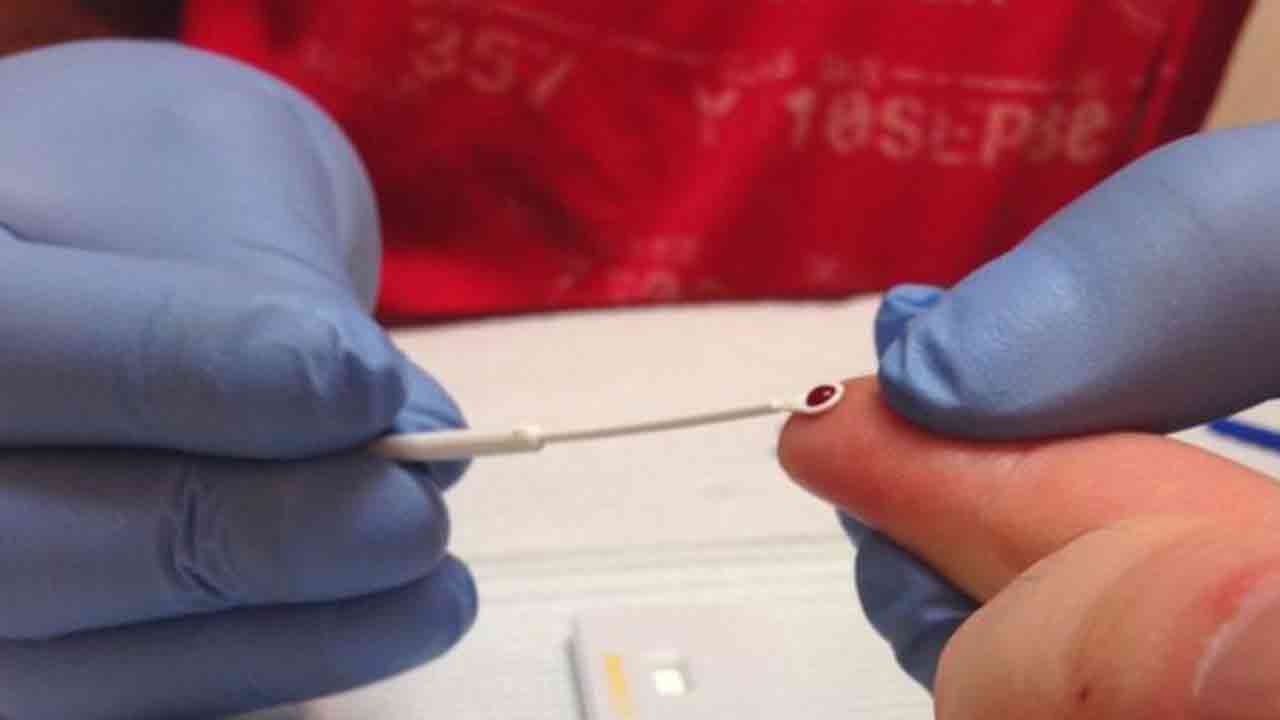Research by Economist Impact across 13 African countries has shown that fully financing the Human Immunodeficiency Virus (HIV) response will save millions of lives and produce substantial health, social and economic gains.
The new report entitled, ‘A Triple Dividend: The health, Social and Economic Gains from Financing the HIV Response in Africa’ also said it would help to end Acquired Immune Deficiency Syndrome (AIDS) as a public health threat by 2030.
Executive Director of United Nations Programme on HIV/AIDS (UNAIDS), Winnie Byanyima, said the report would put African countries on a path towards building more resilient healthcare systems and be better prepared for future pandemics.
Revealing that not only will there be 40 to 90 per cent fewer new HIV infections, depending on the country, the study projected that investing in HIV management would also enhance educational outcomes, especially for young women and girls, reduce gender inequality and boost economic growth.
Byanyima noted that the report was coming at a critical time, with evidence that should act as a catalyst for political decisions to ensure full HIV funding, which would have substantial social and economic outcomes.
The report reads: “If the targets for full financing of HIV response are met in South Africa, for example, women aged 15 to 19 years would account for almost 15 per cent of the reduction in new HIV infections by 2030, despite making up less than five per cent of the total population.
“In addition, increased HIV investment today will contribute to wider and sustained economic gains by 2030, and ultimately free up scarce resources, going forward, to address other critical health priorities. The report projects that South Africa’s Gross Domestic Product (GDP) could be 2.8 per cent higher and Kenya could see its GDP rise by 1.1 per cent by 2030, if HIV funding targets are met.”
Commenting on the report, United States Global AIDS Coordinator and Special Representative for Global Health Diplomacy, Dr. John Nkengasong, observed that ending AIDS as a public health threat requires political, programmatic and financial leadership, adding: “All government sectors, including finance ministries, play a key role in increasing domestic financing to ensure that vulnerable populations are reached equitably and receive the prevention, care and treatment services they need.”
Nkengasong said that U.S. government was proud to join other United Nations member states to adopt bold new commitments for AIDS financing by 2025.
!function(f,b,e,v,n,t,s){if(f.fbq)return;n=f.fbq=function(){n.callMethod?
n.callMethod.apply(n,arguments):n.queue.push(arguments)};if(!f._fbq)f._fbq=n;
n.push=n;n.loaded=!0;n.version=’2.0′;n.queue=[];t=b.createElement(e);t.async=!0;
t.src=v;s=b.getElementsByTagName(e)[0];s.parentNode.insertBefore(t,s)}(window,
document,’script’,’https://connect.facebook.net/en_US/fbevents.js’);
fbq(‘init’, ‘247107802609931’);
fbq(‘track’, ‘PageView’);

